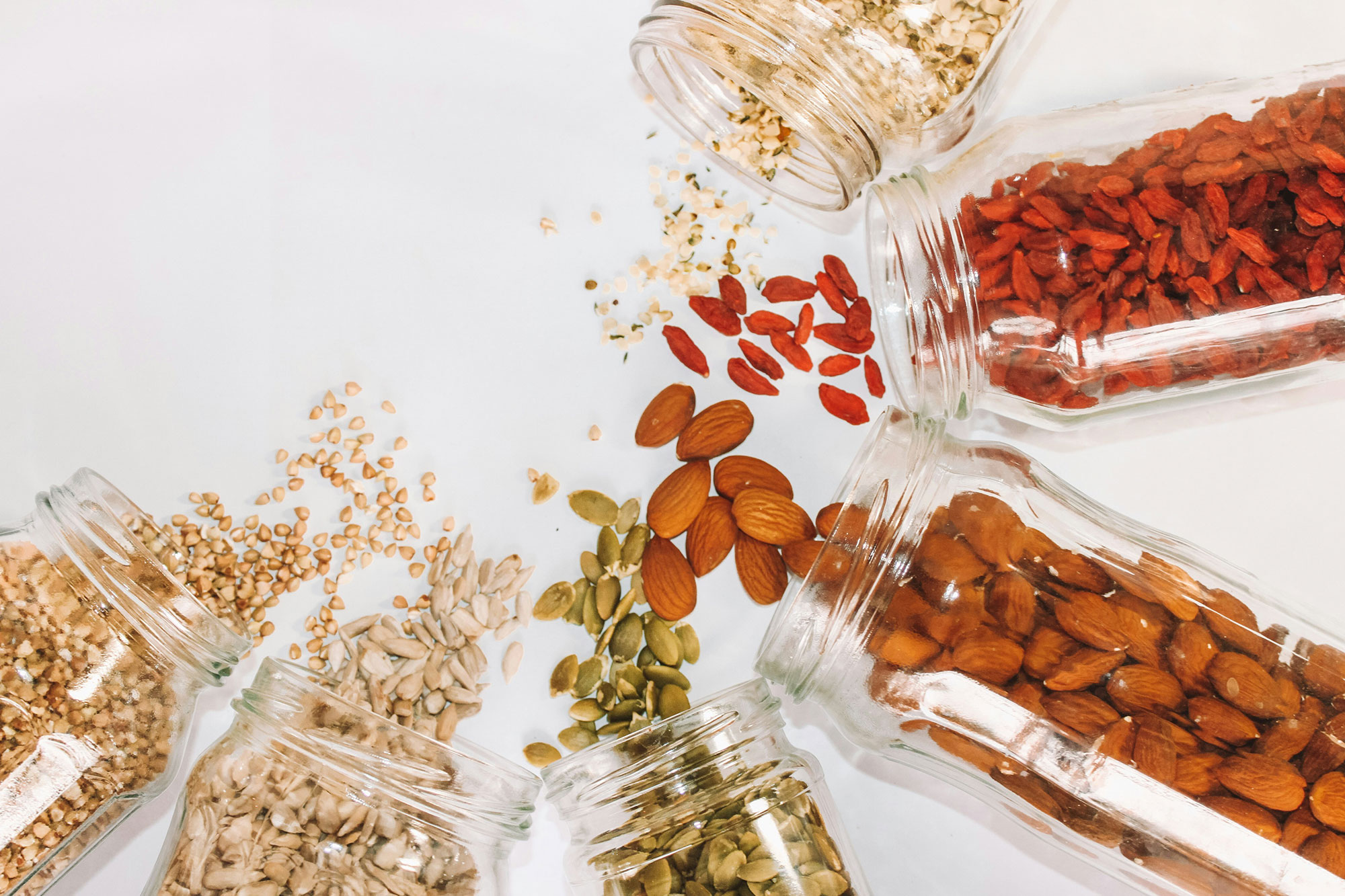Ah Choo…What to do if Allergies Attack
It’s the season of sneezing and stuffiness from allergies, especially from pollen and trees if you are on the East Coast. This season is reported to be very bad. Since my friends on Facebook are all complaining I thought I would write about coping with allergies. There are three things to do:
1. Reduce your risk of developing an allergic response by eating a diet with high amounts of fruits and vegetables especially carotenoids, increasing Omega 3 fatty acids (cold water fish, almonds, walnuts, olive oil, avocado) and lowering Omega 6 fatty acids (dairy, cheese, saturated fats, grain fed meats and poultry) and take a probiotic (bacterial cultures found in yogurt and other fermented products) with a variety of strains of lactobacillus and bifidus bacteria.
2. Avoidance is key – check local reports and keep your windows closed and avoid the outdoors on really bad days. However it’s impractical and limiting to stay indoors with the windows closed after a long, cold winter so you may want to consider some natural remedies as well as pharmaceutical products.
3. Supplement with herbs, enzymes and medication if necessary to target each phase of the allergic reaction. The reason why so many formulas don’t work is that they only target one part of the reaction. It takes a synergistic approach and compounds that work over the entire spectrum of the allergic reaction sequence to work.
Here are the compounds that have proven benefit when allergies attack:
- Quercetin and other flavonoids
The first reaction to occur is allergens attach to mast cells and produce changes in these cells. Mast cells harbor a lot of messenger chemicals that recruit other cells to form the allergic response. Flavonoids stabilize the cells so they don’t start the chain reaction that induces the allergic response. - Bromelain and steroids
Bromelain, an enzyme from pineapple, stops cell membrane breakdown. Nasal or oral steroids also work at this step of the cascade. These help to block the release of inflammatory cytokines (cell signaling molecules) that trigger the allergic reaction. - Antihistamines
Antihistamines block the body’s response to histamine that can cause itching, congestion, mucous, bloodshot eyes and swelling. - Non steroidal anti inflammatory drugs, quercetin, nettles leaf, and butterbur
All of these decrease inflammation by blocking the production of prostaglandins and leukotrienes, which are chemical messengers that cause the symptoms of an allergic reaction.
As you can see, the reactions are complex and interrelated and it takes a combination of products to provide a synergistic approach to controlling symptoms. Look for a blend that has all or most of these supplements and if necessary add a non-sedating antihistamine and/or steroid nasal spray. Check with a local healthcare provider to find a formula from a reputable manufacturer and don’t let your allergies get the best of you.





She is a recognized and award-winning holistic, functional, integrative and anti-aging healthcare practitioner, speaker and author, and has been featured in ABC News, Forbes, WOR Radio and many media outlets to spread the word that you can live younger and healthier at any age.